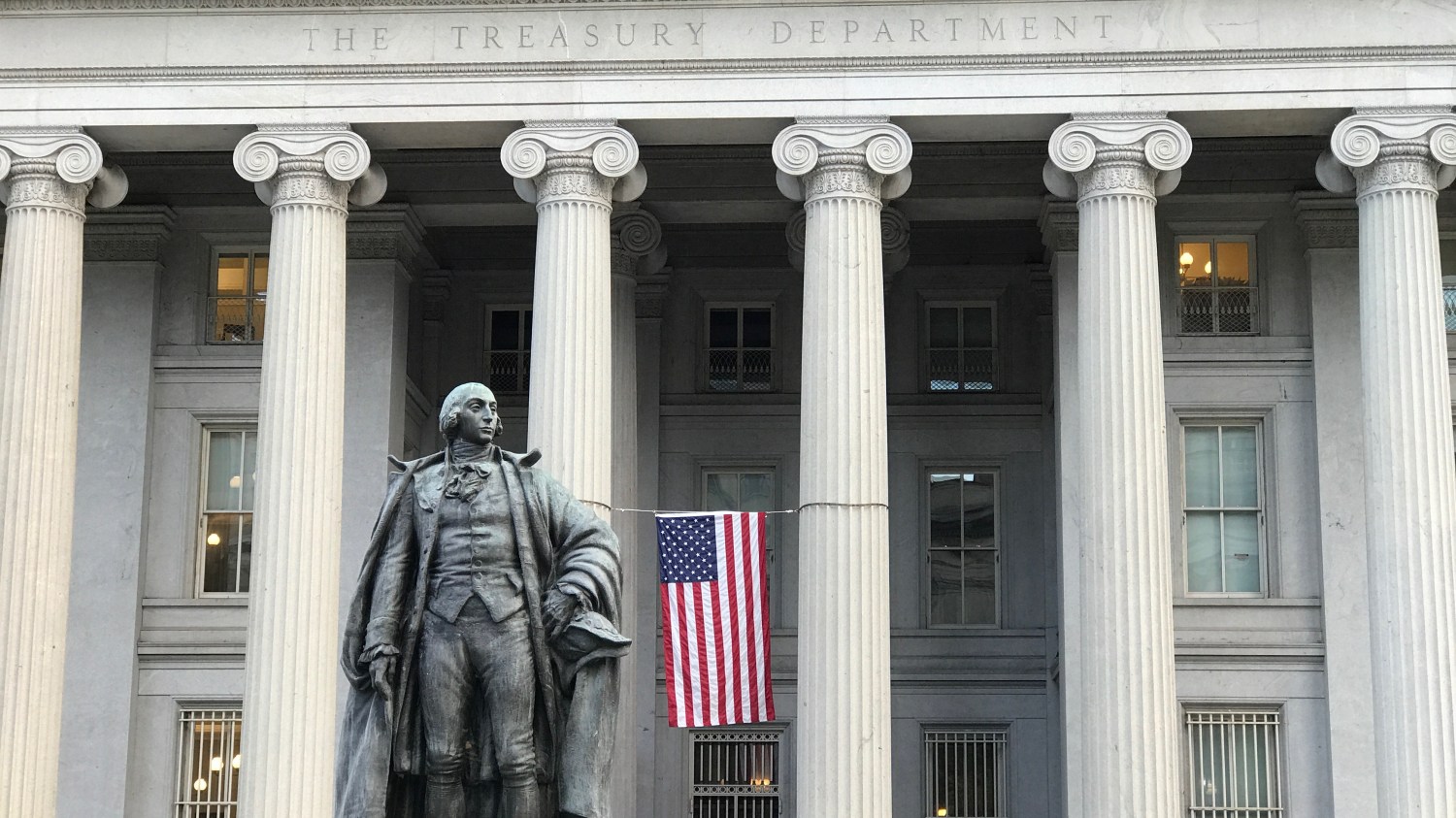China has rejected allegations from the United States claiming involvement in a cyberattack targeting the U.S. Treasury. The accusations, which attribute the breach to a Chinese state-sponsored group, have added another layer of tension to the already fraught U.S.-China relationship. While the breach reportedly involved access to unclassified documents and was contained, it has reignited concerns about the growing prevalence of state-sponsored cyberattacks.
The U.S. Treasury breach is the latest in a series of alleged cyber intrusions attributed to Chinese hacking groups. According to U.S. intelligence officials, the hackers exploited vulnerabilities to infiltrate government systems, gaining access to sensitive, albeit unclassified, information. While the attack was contained before further damage could occur, it underscores the persistent vulnerabilities in U.S. cybersecurity infrastructure.
China, however, has categorically denied these claims, calling them baseless and accusing the United States of attempting to tarnish its reputation. A spokesperson for the Chinese government dismissed the allegations as "politically motivated fabrications" aimed at deflecting attention from America's own cyber activities.
This incident highlights the ongoing cybersecurity tug-of-war between two global superpowers. The U.S. has consistently accused China of engaging in cyber espionage, citing previous high-profile breaches, including the theft of millions of records from the Office of Personnel Management in 2015 and ongoing efforts to target critical sectors such as defense and healthcare. China, on the other hand, often counters these accusations with claims that the U.S. is the real aggressor in cyberspace.
Beyond the technical details of the breach, the incident has significant implications for international relations. The U.S. has increased scrutiny of Chinese technology firms and imposed sanctions on individuals and entities linked to cyber espionage. These measures are part of a broader strategy to counter perceived threats from Beijing, including trade restrictions, military build-ups in the Indo-Pacific, and alliances with other nations to bolster cybersecurity defenses.
However, experts warn that the blame game over cyberattacks could lead to a dangerous escalation. Without a robust framework for international cybersecurity norms, incidents like these risk spiraling into broader geopolitical conflicts. Diplomatic channels remain strained, and mutual mistrust only deepens with each new accusation.
The breach also underscores the critical need for enhanced cybersecurity measures. As state-sponsored hacking becomes more sophisticated, governments worldwide face mounting pressure to protect their digital infrastructure. This includes investing in cutting-edge technologies, strengthening public-private partnerships, and fostering international collaboration to mitigate risks.
For the United States, the Treasury breach serves as a stark reminder of the vulnerabilities in its cyber defenses. While the containment of the attack is a testament to the government's response capabilities, it also raises questions about the adequacy of preventive measures and the ability to deter future attacks.
As the world navigates the complexities of cyber warfare, the latest allegations against China reinforce the urgency of addressing cybersecurity at both national and international levels. Whether through diplomatic engagement, technological innovation, or a combination of both, finding solutions to the challenges of cyberattacks will be critical to maintaining global stability in the digital age.
For now, the breach remains a flashpoint in U.S.-China relations, reflecting the broader competition between two nations vying for supremacy on multiple fronts, from trade and technology to security and global influence.







